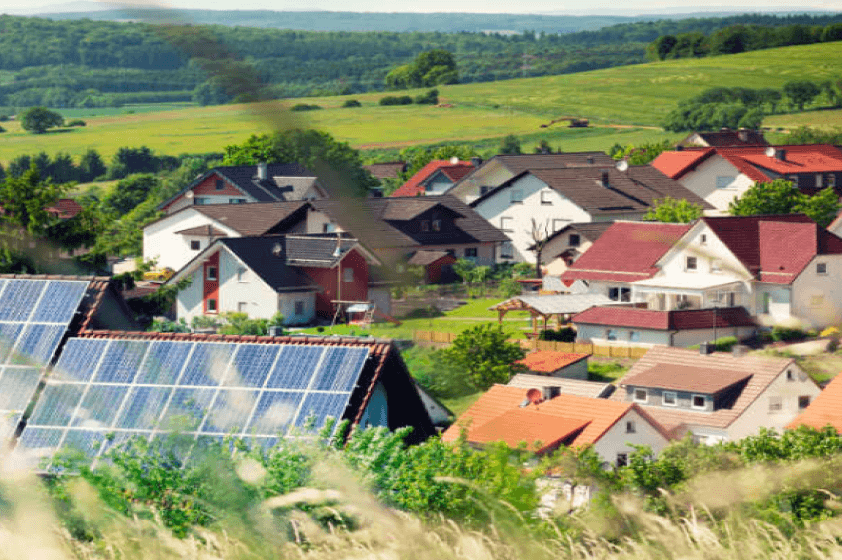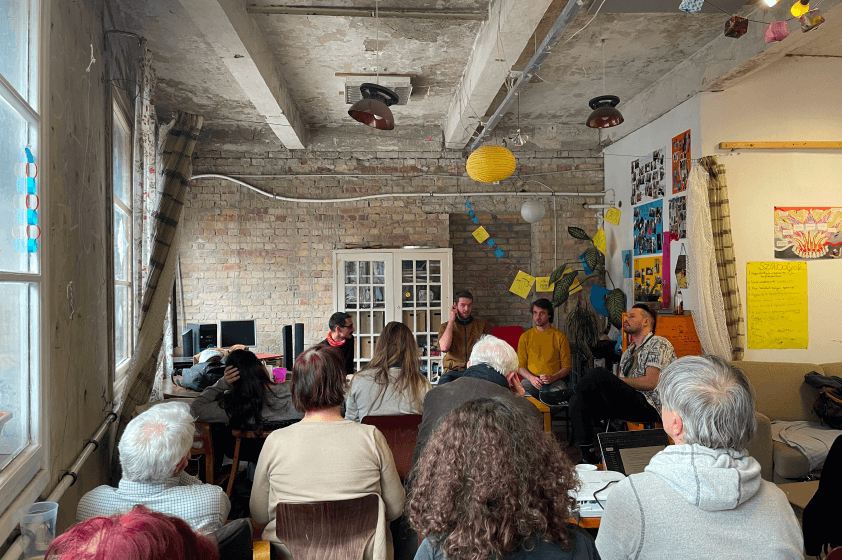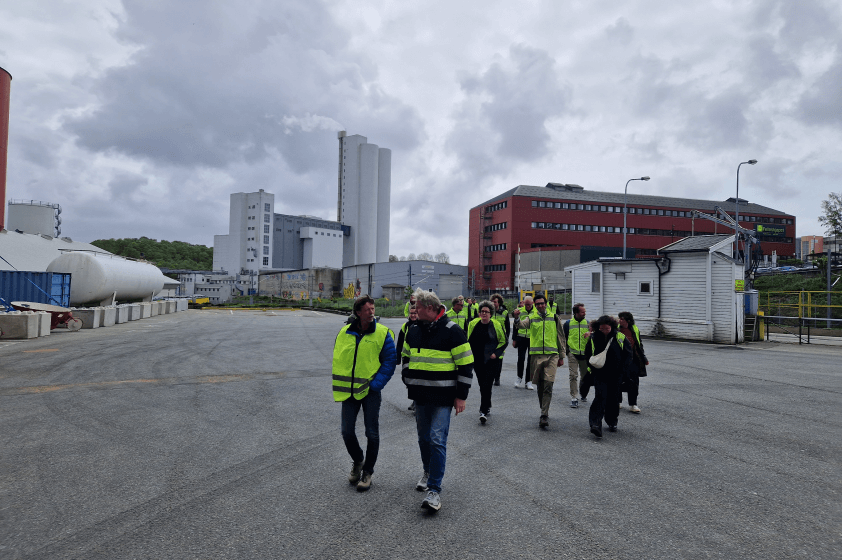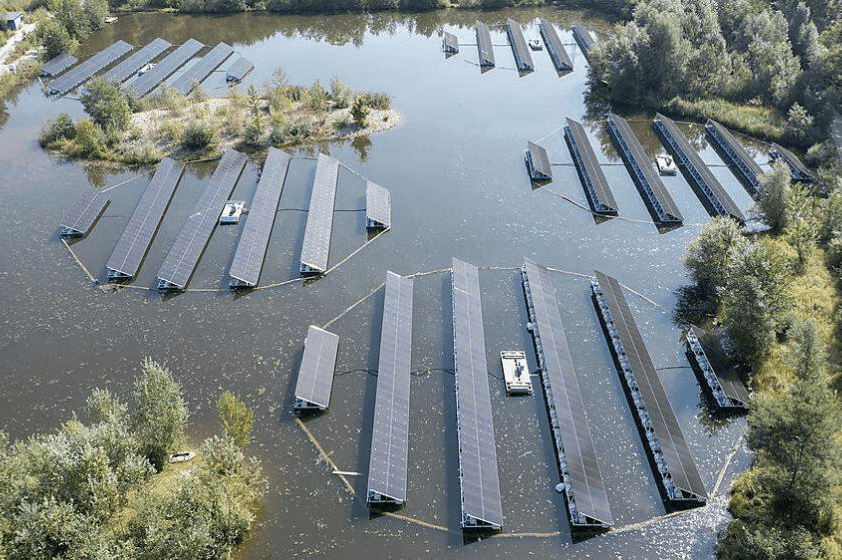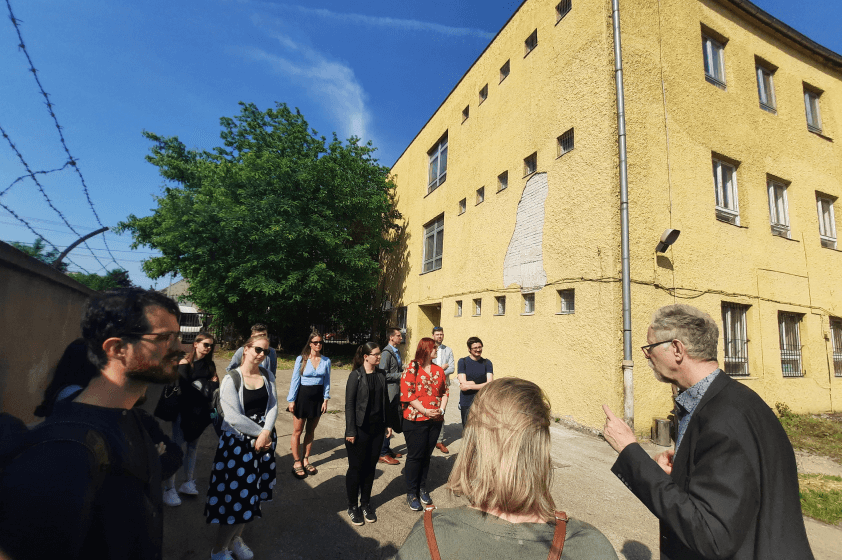This pilot will tackle energy poverty through the development of energy communities in the social housing estate of the Quarticciolo neighbourhood.
What are your aims?
The energy community of Quarticciolo aims to create a resilient network to tackle energy poverty, providing affordable and sustainable energy solutions to its residents. By fostering collective action, this initiative seeks to strengthen the environmental and social empowerment of the inhabitants, promoting sustainable practices and community solidarity. Additionally, the community will play a critical role in identifying gaps in current legislation, leveraging their insights to produce informed recommendations for policymakers, thereby driving legislative improvements that support broader adoption of community-based energy solutions.
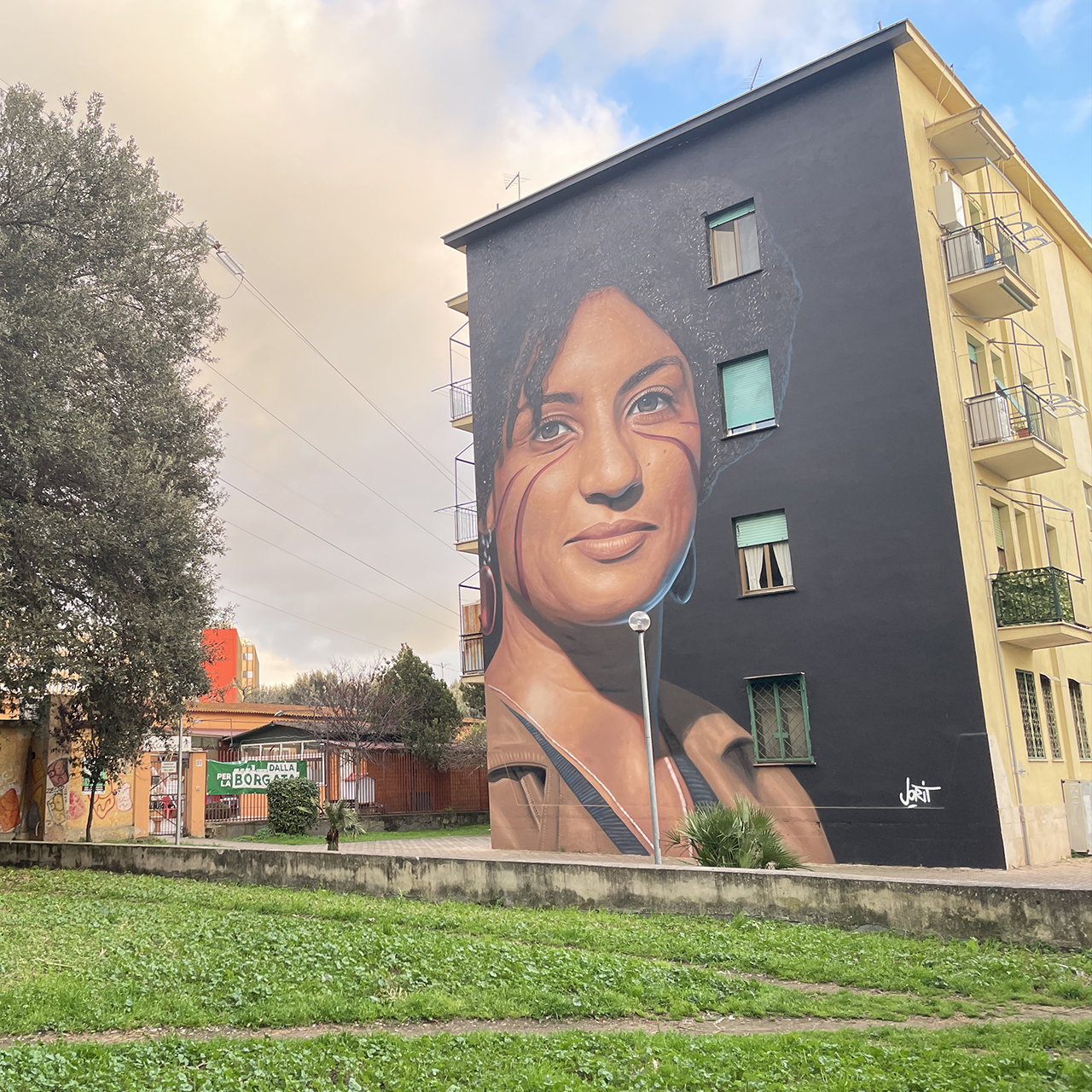

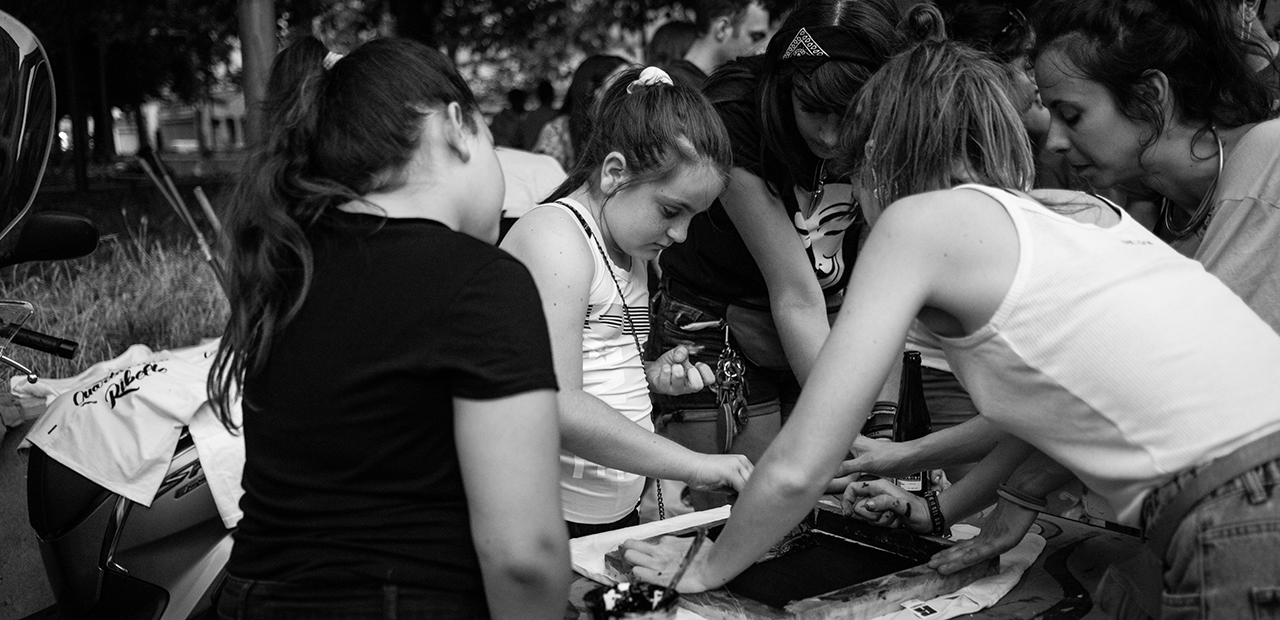
How would you describe the context of your pilot?
The neighbourhood is a social housing estate in a state of decay where energy efficiency and the right to live in decent homes are a dream. Inequalities are exacerbated by high post-pandemic utility bills. Quarticciolo remains an area characterised by an absence of services, high housing density, high unemployment and crime rates. However, the great void of institutions has been partly filled by the grassroots initiatives that have sprung up within the borough.
Palestra Popolare Quarticciolo has been at the heart of the Quarticciolo neighbourhood, working tirelessly to connect and empower residents. Despite the challenges faced – from business closures and family evictions to schools at risk of shutting down – this community gym, transformed from an abandoned boiler room, stands strong, embodying the values of solidarity and mutual support. This gym will host the future energy community of Quarticciolo as part of the ENERGY4ALL project.
What are your main messages you want stakeholders to know about your pilot?
- Self-organised communities exemplify the strength that comes from collective action. When individuals come together to address common challenges, they can leverage diverse skills and resources, creating a more resilient and adaptive society;
- Bottom-up approaches harness local knowledge and innovation. Residents best understand their unique needs and can be creative and context-specific that top-down initiatives might overlook;
- When community take the lead in organising and managing projects, there is a greater sense of ownership and accountability;
- Self-organisation fosters social cohesion and solidarity;
- Bottom-up approach are adaptive and flexible responding to changing circumstances and needs;
- Organised communities can effectively influence policy and advocate for their needs pushing for legislative changes that support broader community-driven efforts;
- Community-driven projects often emphasise sustainable practices more likely to prioritise long-term environmental and economic health and serve as inspiration for other communities.
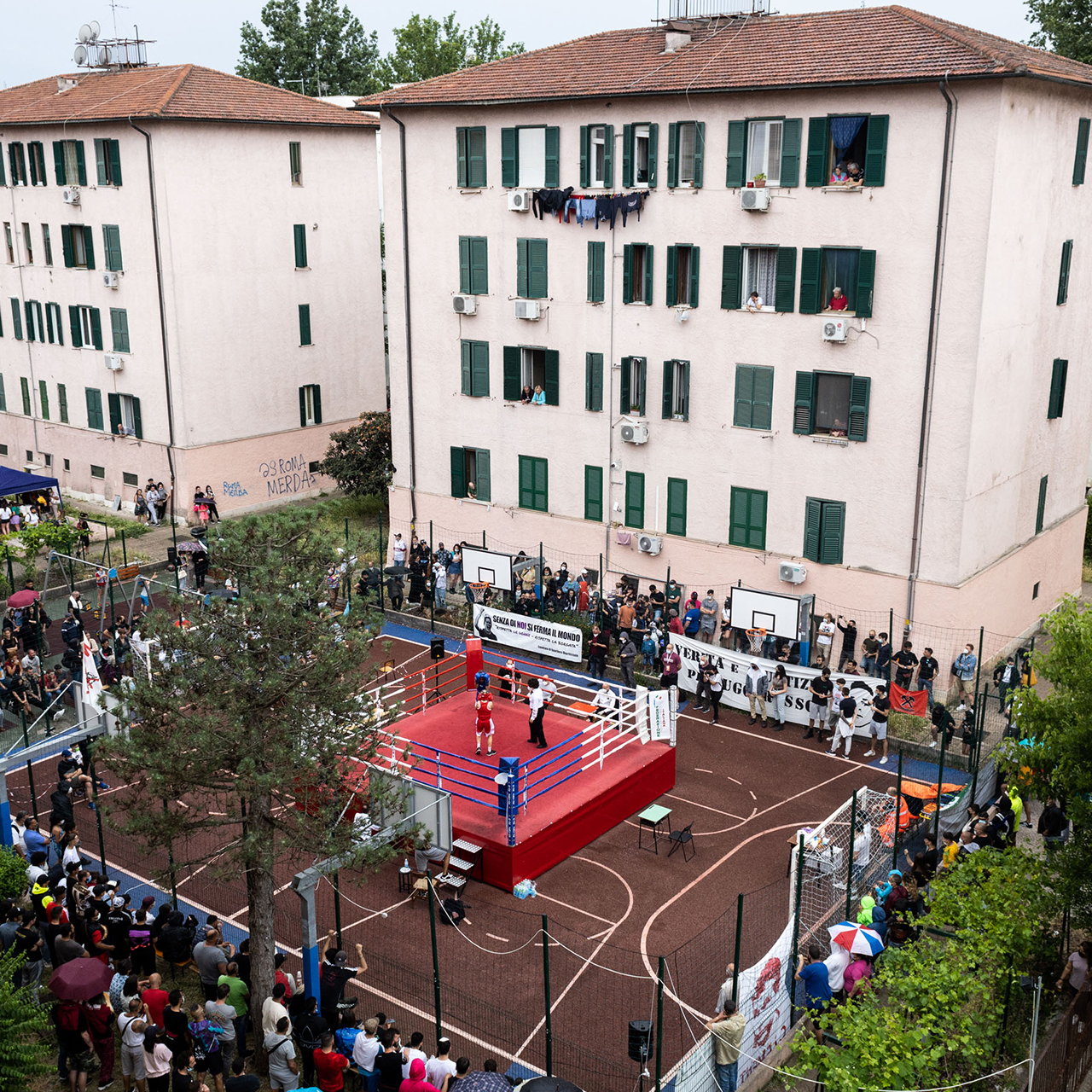
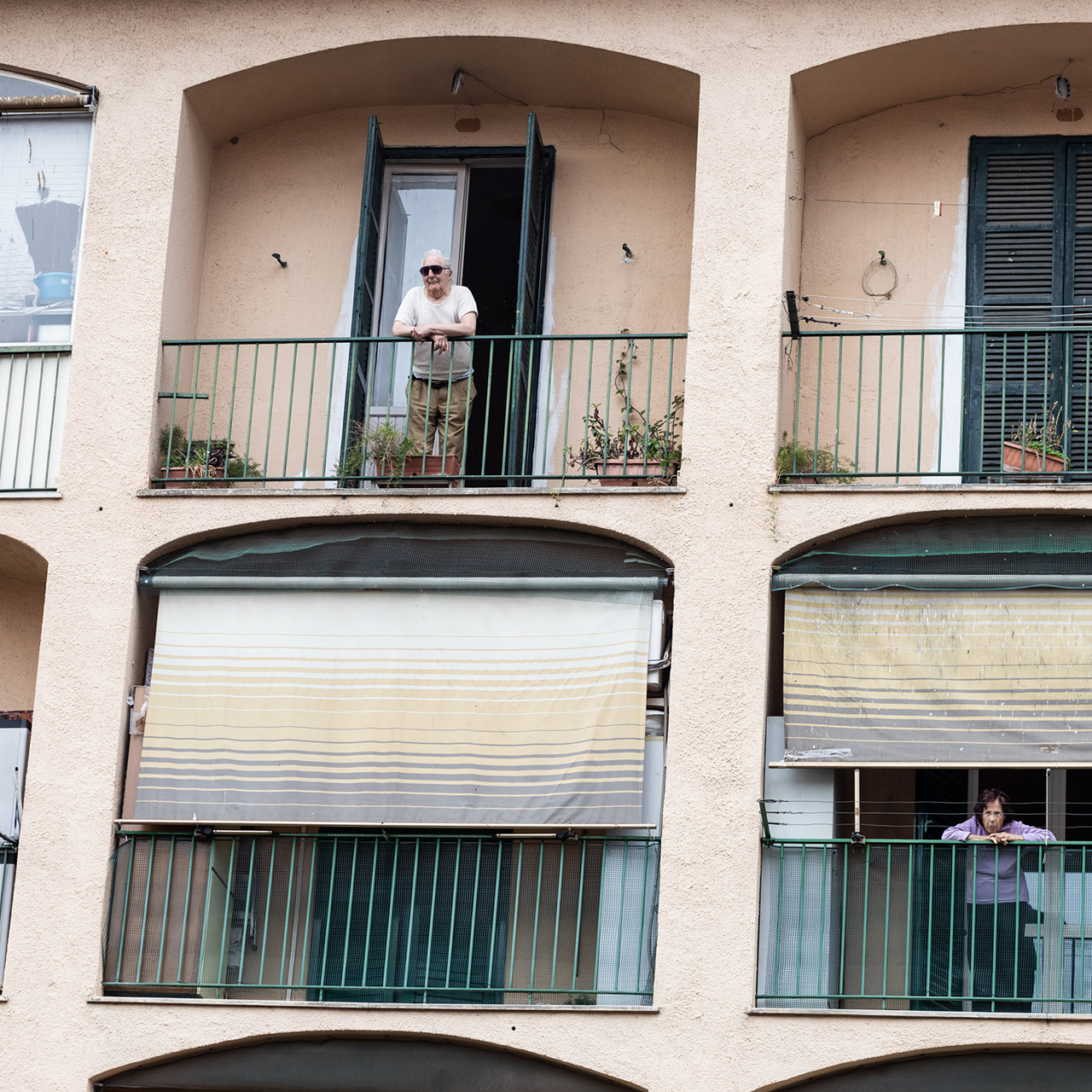
What are the challenges of this pilot and why?
We recognise three main challenges in our pilot: the first one is the access to financial resources for the instalment of the solar panels, and secondly there are frictions difficult to overcome in order to establish a solid collaboration with local public administration; and lastly difficulties to gain trust from local residents that feel abandoned by the local administration.
Who are your stakeholders?
Our stakeholders are the local inhabitants, the city and region administration, enterprises sharing social responsibility, budget to set up the solar panels, and other self-organised citizen entities (e.g. cooperatives).
What is the expected impact of your pilot, locally, nationally or even EU-wise?
Locally, we expect to create a replicable procedure of establishing community-based energy community. Nationally the aim is to enter into a network of energy communities and to be recognised as a best practice for its bottom-up approach. And lastly, we want to create a network of social housing estates developing energy communities across Europe.
What interventions, co-designs processes are planned for building and sustaining your energy community?
- Organising workshops and seminars to inform the community about the benefits of renewable energy and creating an energy community;
- Engaging industry experts to explain key concepts in a simple way;
- Informing the community about opportunities for tax incentives and cost savings;
- Offering trainings on renewable energy technologies and sustainable practices;
- Provide tools and resources to develop technical management competencies among residents;
- Conduct an assessment of available local energy resources;
- Identify neighbourhood-specific energy needs to prioritise and determine appropriate solutions;
- Working with local governments, businesses and organisations to obtain funding and technical support.
Photo credits ©Daniele Napolitano

